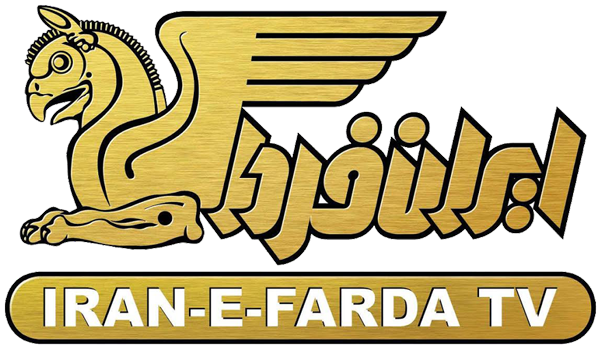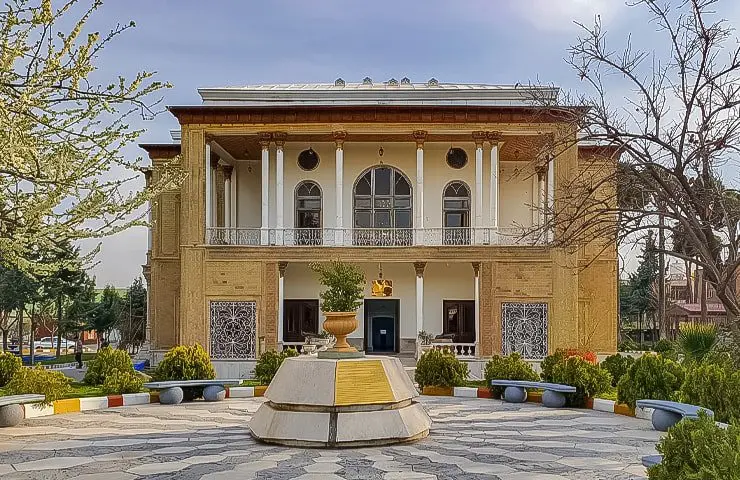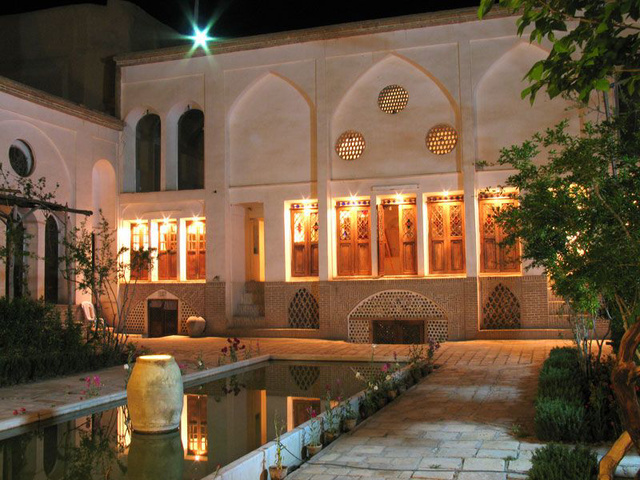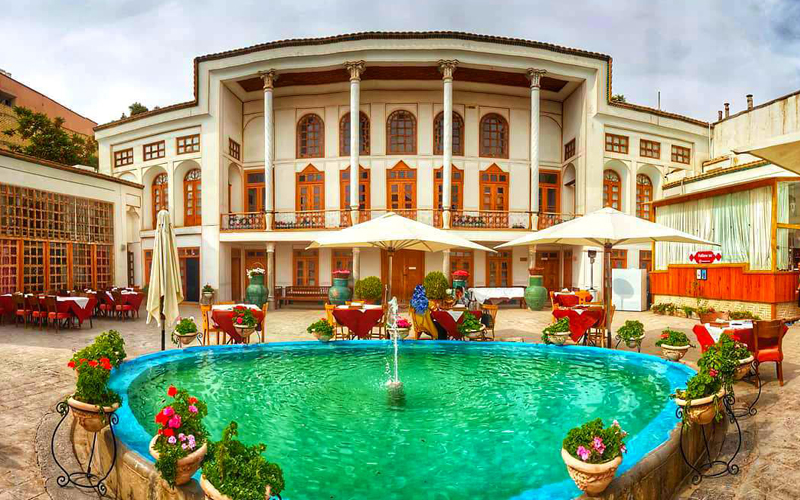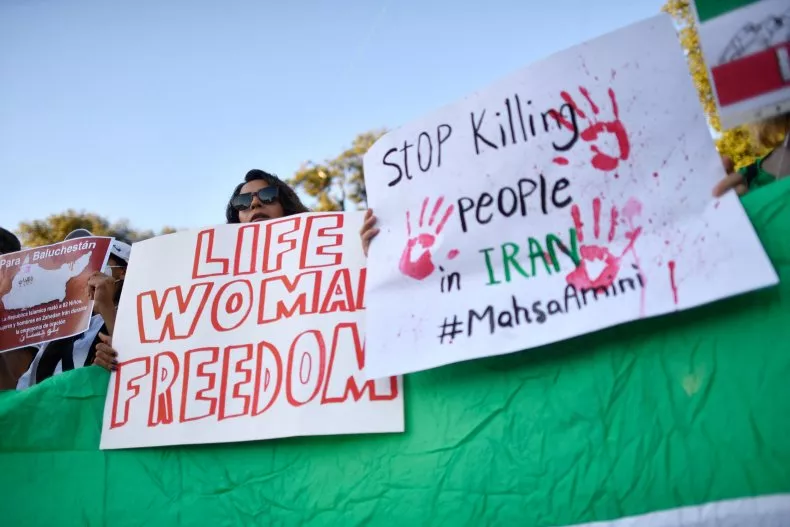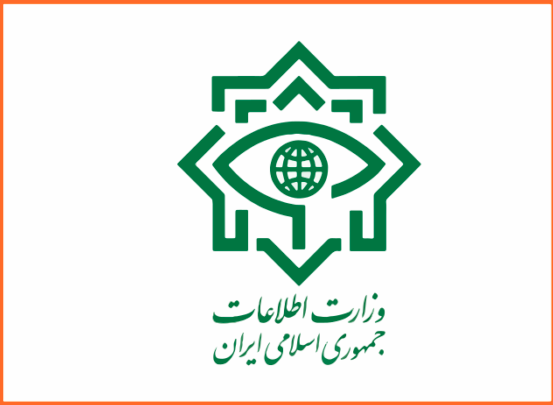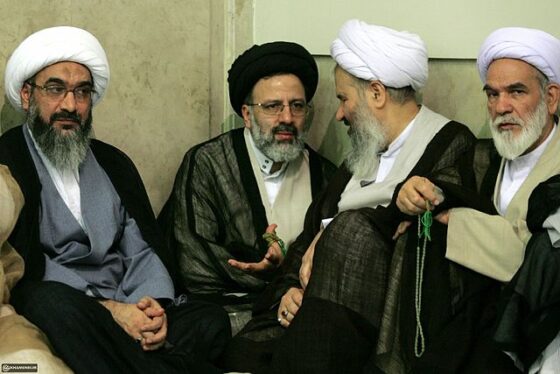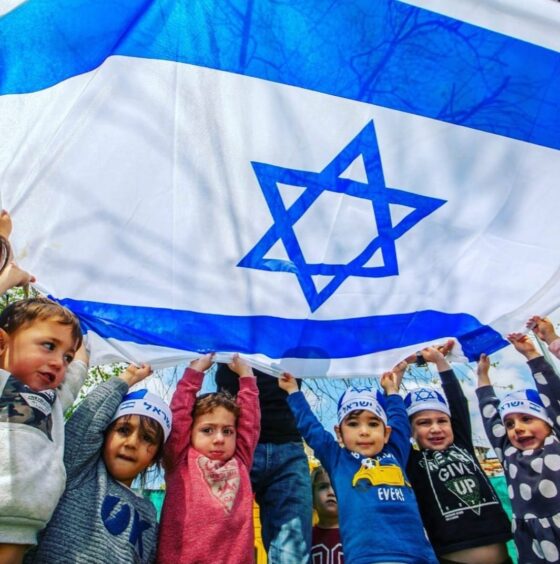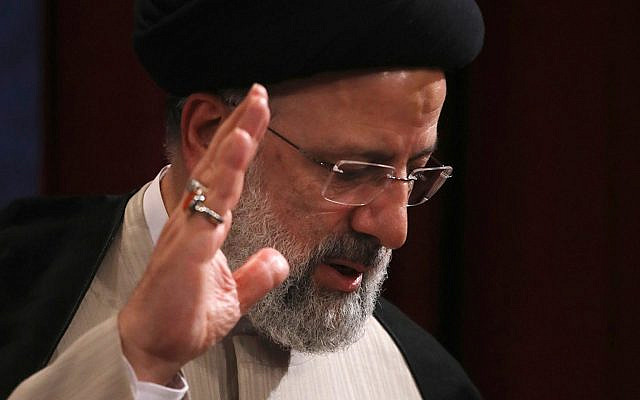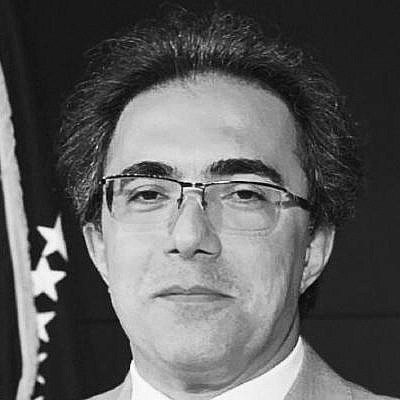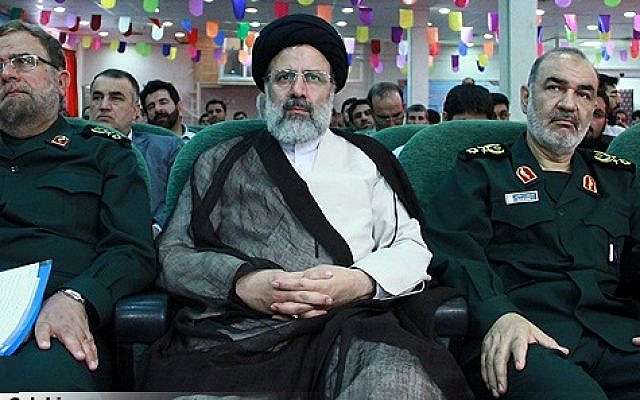Iraq security forces kill protesters in Nasiriyah, army deploys
Published on: 2019-11-28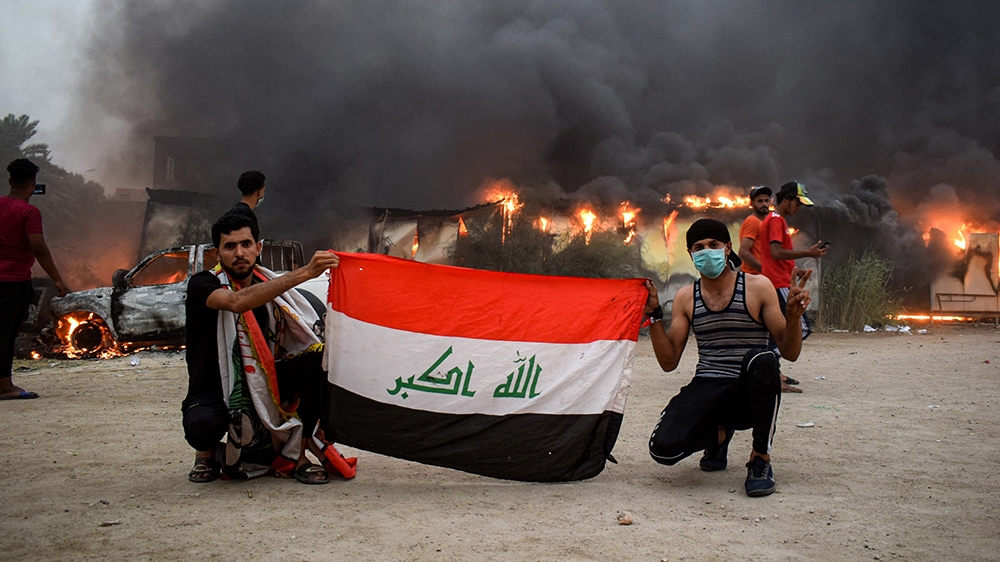
Baghdad, Iraq – Iraqi security forces on Thursday shot dead at least 44 people in the country’s south in one of the bloodiest days of violence since the anti-government protests erupted in early October.
At least 33 protesters were reported killed in Nasiriya city after security forces used live ammunition and tear gas canisters on crowds while another 11 people were killed in Shia holy city of Najaf, where an Iranian consulate was torched a day earlier by angry protesters.
Security sources told Al Jazeera at least 233 people were wounded in the crackdown on protests in Nasiriya.
More:
-
Iraq condemns attack on Iranian consulate in Najaf
-
Baghdad’s commercial hub feels pinch as Iraq protests continue
-
Reports: Leaked intelligence cables show Iran’s sway in Iraq
The Iraqi government fired Lieutenant-General Jamil al-Shammari, who was appointed a day earlier to manage the unrest in Dhi Qar province, of which Nasiriya is the capital, following the deadly violence.
Amid escalating protests in the country’s south authorities in the capital, Baghdad, dispatched troops to “restore order” there, which has seen significant protests for weeks.
‘Force won’t scare us’
Hussein, a 32-year-old lawyer from Nasiriya who was at the protest site, blamed security forces for what he called a “bloodbath”.
“We had blocked off the roads and bridges over the past four days and security forces moved in on us to try to open up the bridges. They opened fire leading to a bloodbath,” he told Al Jazeera.
“What’s happening in Nasiriya is unbelievable. Nothing justifies this use of violence against us. We, the people, are extremely angry. Our blood is boiling. Our brothers were killed unjustifiably.
“But this use of force won’t scare us. More of us have gone out to the streets to either demand justice for those who have been killed or keep the bridges under our control.”
Khalifa, a 30-year-old protester, said most demonstrators in Nasiriya lost a brother or a friend during the bloody events on Thursday.
“The pain is deep and that only makes us more adamant to protest,” he said. “We will stay in the streets until our demands are met – no matter what level of force is used against us.”
The governor of Dhi Qar, Adel al-Dukhali, who had earlier blamed military commanders for the deadly violence, resigned in protest against the killings.
Al-Dukhali had called for an investigation into what he described as an “unacceptable” use of force against protesters.
Iran demands action
The events in Nasiriya come a day after anti-government protesters stormed and set fire to the Iranian consulate in Najaf, in the strongest expression of anti-Iranian sentiment by Iraqi protesters, who have taken to the streets in Baghdad and Iraq’s mainly Shia south since early October.
More than 360 people have been killed and about 15,000 wounded so far.
Iraqi authorities responded by condemning the attack and imposing a curfew in Najaf, while Iran demanded that Iraq take decisive action against “aggressors” behind the arson attack.
Iran‘s foreign ministry spokesman Abbas Mousavi, quoted by state news agency IRNA, condemned the attack and “demanded decisive, effective and responsible action … against destructive agents and aggressors”.
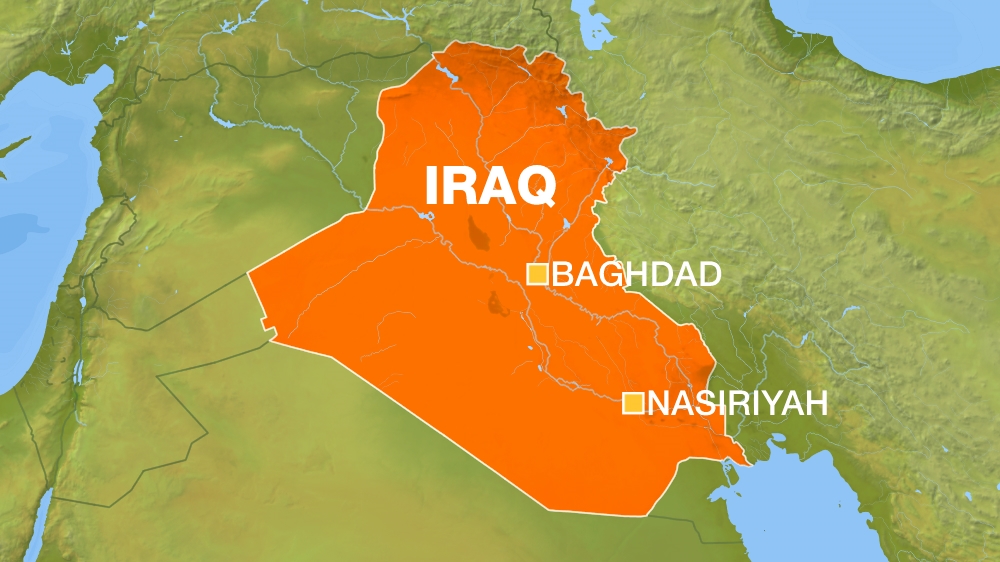
Najaf attack
Wednesday’s Najaf attack was the second of its kind this month after protesters attacked the Iranian consulate in the Iraqi holy city of Karbala on November 4.
The protesters were holding a demonstration in central Najaf when a group started to close off the main roads and set the tyres of police cars on fire.
A witness told Al Jazeera “security forces responded using tear gas and sound bombs to disperse the protesters who ran towards the Iranian embassy”.
“The protesters were angered by the security forces trying to disperse the demonstration. They started burning tyres near the consulate and eventually set the consulate ablaze, minutes after the consulate staff evacuated the building,” said the source.
Commenting on the developments, Iraqi analyst Jasim Moussawi said protesters setting the consulate ablaze was an attempt to tarnish historical relations between Tehran and Baghdad.
“Those who are responsible for setting fire to the Iranian consulate in Najaf have the same message as those who did it in Karbala. Their message is a warning against the intervention of Iran in Iraq’s internal affairs,” said Moussawi.
The violence will push the government to allow security forces to use more force to quell protests, he said.
